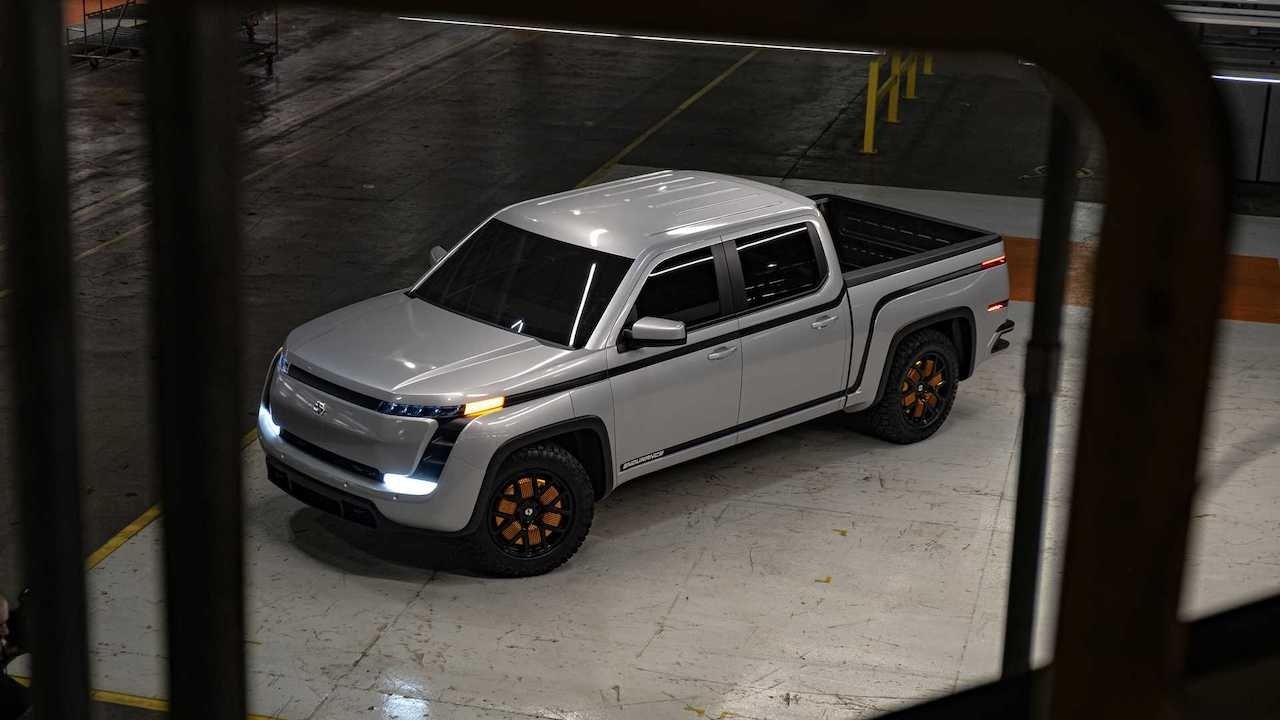Foxconn has inked a deal to acquire an electric vehicle manufacturing factory in North America as part of a broader collaboration with U.S. EV startup Lordstown Motors.
The Apple supplier announced that it purchase Lordstown's manufacturing plant in Ohio for $230 million, and would take a 4% take in Lordstown for about $50 million. As part of the agreement, Foxconn will produce the Lordstown Endurance electric pickup truck, Nikkei reported Friday.
The manufacturing plant is a 6.2-million-square-foot facility in Ohio that Lordstown had purchased from GM. It will represent Foxconn's first vehicle manufacturing plant in North America.
Along with the actual facility, the agreement will also include land, equipment, and an undisclosed number of Lordstown employees — efforts to help jumpstart Foxconn's EV production.
Foxconn reportedly plans to start making the Endurance vehicle as early as April 2021. There are also plans to start producing a second EV vehicle for Fisker, another U.S.-based electric car startup. If Foxconn pulls off the projects, it'll cement the company's expertise and credentials in the EV market.
The Taiwan-based contract company, known for producing the iPhone and other Apple products, has been aggressively pursuing a foothold in the EV market. Back in August, the company purchased an EV component factory in Hsinchu, Taiwan.
Apple, Foxconn's most important customer, is widely thought to be developing its own electric "Apple Car." The autonomous vehicle is said to be based on technology that Apple has been developing in secret for years under the banner of Project Titan.
Reportedly, Apple has been in talks with both Japanese and Korean automakers to potentially produce the vehicle. However, there is no consensus for when an announcement or debut could happen. Some industry watchers expect an announcement as soon as 2021, while others believe a launch in the late 2020s is more likely.
 Mike Peterson
Mike Peterson








 Christine McKee
Christine McKee
 Marko Zivkovic
Marko Zivkovic
 Mike Wuerthele
Mike Wuerthele

 Amber Neely
Amber Neely
 Sponsored Content
Sponsored Content
 Wesley Hilliard
Wesley Hilliard










30 Comments
Foxcomm is establishing contract EV manufacturing in USA to prove to Apple that Foxcomm can do the same good job manufacturing Apple Car as they did for the rest of Apple products. I am sure Apple have global market vision for Apple Car.
Could an editor please clarify what is happening here? The dates make absolutely no sense.
It looks like Foxcomm is betting on Apple for manufacturing Apple Cars since Foxcomm already established good relationship with Apple.
So, here we go again. A non-American company is buying a Lordstown Motors manufacturing plant along with a 4% share. I'm sure Tesla has foreign investors (yes/no?) but I still call them an American company. I have to wonder whether anything coming out of Lordstown will qualify for any EV credits since it appears most of the manufacturing will be performed by a foreign company even though the plant is located in the US.